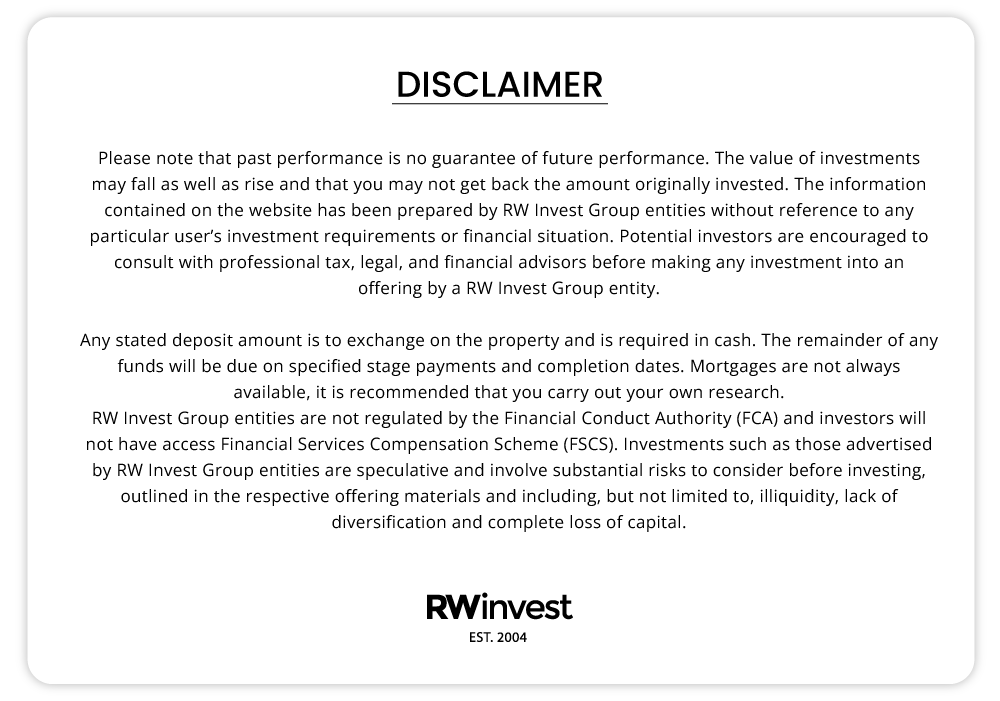The Importance of Investing in Property Education for Real Estate Investors
Real estate can seem straightforward. Buy a property, find tenants, collect rent. Yet anyone who has stepped into the industry knows that property investment can involve a complex landscape of legalities, market shifts, and financial risks. That’s why property education isn’t just a nice-to-have – it’s the foundation for making informed, strategic decisions. And without it, even seasoned investors can stumble.
Why Knowledge Can be Your Most Valuable Asset
Markets can fluctuate. Regulations can tighten. Trends can change overnight. Not only is property education the best defence against these variables, but it also equips investors to spot opportunities that others might miss. Courses, seminars, and expert-led workshops provide more than surface-level tips. They offer frameworks for assessing market conditions, calculating potential returns, and understanding long-term sustainability.
It’s tempting to rely on instinct or advice from friends, but real estate rarely rewards guesswork. The investors who thrive are often those who treat property not as a gamble, but as a business. And like any business, the right training is crucial.
How Property Education Can Reduce Risk
Every investment carries risk, but in real estate, those risks can multiply when you factor in shifting interest rates, evolving rental demands, and local council regulations. Not only does property education demystify these moving parts, but it also shows investors how to plan for them.
Think of it as building a safety net. Understanding tax obligations, landlord responsibilities, and tenancy laws can prevent costly mistakes. For example, overlooking compliance rules or misjudging cash flow projections can derail even promising ventures. Education doesn’t guarantee immunity from setbacks, but it could minimise their impact.
The Role Of Networking And Shared Insights
Formal property education often brings investors together – people at different stages of their journey, all facing similar challenges. And that matters. Because learning isn’t just about textbooks or lectures; it’s about hearing what’s actually working in today’s market.
Workshops and networking events allow investors to exchange strategies, discuss pitfalls, and build partnerships. Sometimes, a single conversation with an experienced peer can reveal blind spots that years of trial and error might never uncover. That cross-pollination of knowledge can be just as valuable as the curriculum itself.
New Year, New Investment? Get £5K OFF Properties!
Bank an instant £5K discount on your next property investment with us. Ready to start 2026 with a bang?

The Link Between Education And Sustainable Growth
A kucky purchase that yields a “quick profit” isn’t always possible and isn’t the hallmark of a skilled investor. What defines expertise is the ability to build a portfolio that performs consistently, year after year. Property education can support investors in working towards more consistent performance.
Not only does it teach investors how to evaluate market trends, but it also provides insight into emerging sectors like sustainable income-generating real estate. And these aren’t just buzzwords; properties designed for long-term rental demand and energy efficiency are becoming increasingly attractive to tenants and buyers alike.
And there’s another layer: education helps investors understand how to diversify effectively. Whether that means branching into buy-to-let, commercial spaces, or holiday rentals, the principles of due diligence and financial modelling remain the same.
How Education Shapes Investor Mindset
One of the most overlooked benefits of property education is the mindset shift it creates. Rather than approaching investments with hesitation or reactive decision-making, educated investors develop a proactive, analytical approach. They know what to look for in a deal, how to interpret market signals, and when to walk away. This shift from guesswork to strategy doesn’t just boost confidence – it could impact profitability by reducing emotional decisions and reinforcing data-driven choices.
Practical Steps For New Investors
For those just starting, the options can feel overwhelming. There’s no shortage of online courses, mentorship programmes, or local seminars. So where to begin? A good starting point is our beginner’s guide to real estate investing – an overview that outlines the fundamentals without overcomplicating things.
From there, consider hands-on workshops that focus on topics like property valuation, financing strategies, or tenant management. The best education often combines theory with real-world application, ensuring that investors leave with actionable steps, not just abstract knowledge.
- Research accredited property investment courses or trusted real estate platforms.
- Attend local meetups or online forums to connect with active investors.
- Use case studies to analyse successful (and failed) investments.
- Keep revisiting your strategy as the market evolves – education is ongoing.
Final Thoughts
Property education isn’t about chasing the next trend or memorising market jargon. It’s about building a foundation of knowledge that empowers every decision, from the first purchase to portfolio expansion. And while no amount of training can eliminate risk entirely, it provides the clarity and confidence to navigate challenges effectively.
Plus, education doesn’t just help with your next investment – it compounds over time. Each new insight adds to a growing foundation that makes future decisions faster, sharper, and more effective. Experienced investors often credit their success not to one major breakthrough, but to a consistent commitment to learning. Whether it’s refining negotiation tactics or adapting to market changes, the knowledge you build today can become the leverage you rely on tomorrow
Ultimately, real estate can reward those who plan ahead, question assumptions, and stay informed. In that sense, education isn’t just preparation – it’s a long-term investment in success.

